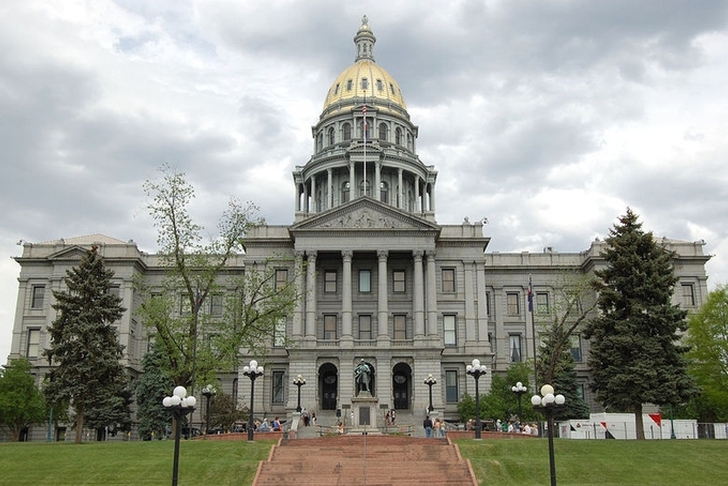Last week, residents of Colorado narrowly voted in favor of Proposition DD. This means that the state’s casinos will start to offer online sports betting. It was a close race with 49% of voters in opposition to the proposition.
The result of the referendum may have turned out differently if the 10% tax on sports betting revenue hadn’t been promised to the Colorado Water Plan. The project was designed to protect the state’s water against continued population growth and climate change. The plan was drawn up in 2015 but was shelved due to lack of funding. It was estimated to cost $3 billion in total. Now, the potential revenue earned on sports betting tax could go towards getting it off the ground.
The desire to clean Colorado’s water may have been a significant incentive for voters, but so might have the prospect of shouldering the costs themselves. In the proposition, the state raised the question, “Shall state taxes be increased by $29 million annually to fund state water projects and commitments”. The insulation seems to have been that if the sports betting tax was not used to pay for the plan, then Colorado residents would have to pay for it.
The bill will mean that any of Colorado’s casinos will be able to offer online sports betting from May 1 2020. If the regulation is similar to other states, then this would mean that sportsbooks would be able to partner with local casinos as well. FanDuel who contributed to the yes campaign is expected to be one of the sportsbooks who partners with a state operator.
To divert profit from sports betting to a water program is a unique approach and has raised interest within the industry. Nick Sharpe who works for bettingscanner, a website that reviews and compares US sportsbooks believes this move towards a green tax is the way forward. “it’s a completely novel approach to the issue and it makes sense if you need to support the water network, then why not take a reasonable cut of the tax?”
As it stands the 10% that will be levied on sportsbooks is lower than other states like Pennsylvania. The keystone state currently charges a 36% tax on sports betting revenues. NJ sportsbooks, enjoy a similar rate to Colorado. The Garden State has proven by far the most successful state in getting sportsbooks to invest.
Time will tell if this approach to sports betting legislation in the US will catch on. With such tight margins in the referendum, it would suggest that this plan was responsible for tipping the vote in favor of legalization. There are many states that still need to vote on whether to legalize online sports betting, including the largest ones, California and Texas.
Back to the Top News Newsfeed